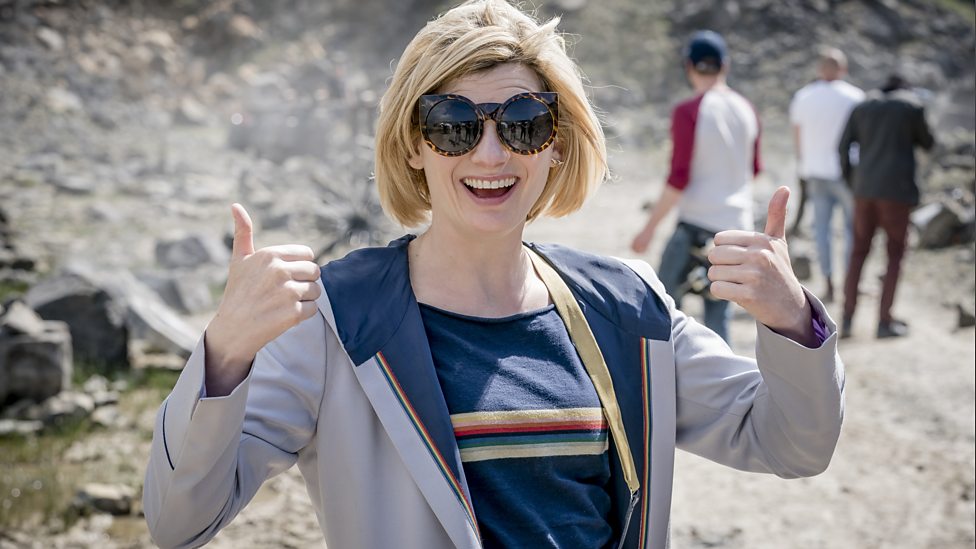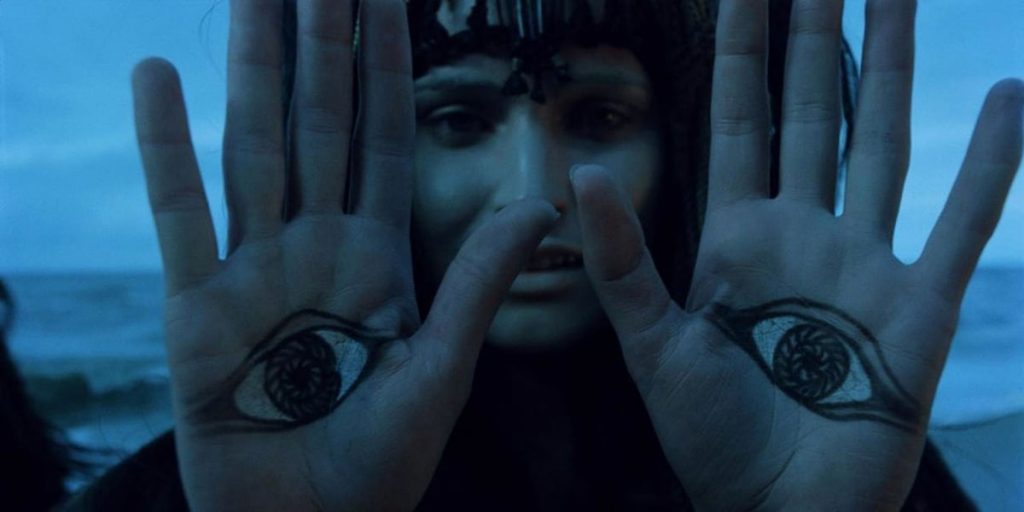On The Silver Globe and Doctor Who, a crossover that likely has only ever happened in one or two universes parallel to ours. Those universes are doing fiction right.
If there was a character similar to that of the protagonist from Doctor Who who was this instant travelling east from England, but west from Japan, they may find themselves in Poland – the birth country of Jerzy Żuławski, among many others. And if they were time-hopping to later than the Boston Tea Party, but before the UN was established, they might end up in the first decade of the twentieth century, which is when Mr. Żuławski was writing a series of books he named: “The Lunar Trilogy”.
As the name suggests, this trilogy of books were of the science-fiction kind, which I hope somewhat justifies my Doctor Who introduction, though how Żuławski would feel about that, I don’t know. Sticking with it nonetheless, if this Doctor Who-esque character stayed in the area for a little longer, but time-skipped another four decades or so, they might witness Jerzy’s great-nephew reading his way through “The Lunar Trilogy”, and one more time-jump for good measure to the second half of the ‘70s, this great-nephew – a certain Andrzej Żuławski, may now be witnessed by the bored time traveller in the Caucasus Mountains adapting his grandfather’s brother’s books into a movie he calls Na srebrnym globie (On the Silver Globe).
Which conveniently brings us up to speed, just in time to witness how this movie production may well be the present cinephile’s answer to, “what’s the greatest unfinished movie of all time?” If only Netflix would do a documentary on it, then it would likely be everyone’s answer to that same question. Alas, I’m sure Netflix has bigger things on their plate, and I’m not sure this similar-to-Doctor-Who character would approve of my passive aggressive statements, so let’s continue.
The production process for On the Silver Globe begins with a previously exiled Andrzej being invited back to a politically-turmoiled Poland to head a creative project of his choosing, after his French-produced movie L’important c’est d’aimer (That Most Important Thing: Love) went down so well with critics and audiences it was nominated for a handful of (newly-established) César awards and bagged one for best actress Romy Schneider.

This Mr. Żuławski then spent the next two years putting together and subsequently filming a script that adapts the first novel from “The Lunar Trilogy”, during which it’s said that the cultural ministry who had prodded him out of the country less than a decade earlier established a number of lines he was not to cross. Not-The-Doctor at this point is probably having a hoot. They’re following the film to the Gobi Desert, to the Crimean Peninsula, the Baltic coastline, and even into the depths of the Wieliczka salt mine. They’re watching actors getting into costumes never before seen on Earth, getting strapped into body cameras and being followed around by enough extras to start a riot.
Then, with approximately forty minutes of footage yet to capture, the government slaps a no-go sticker on the whole production, and Andrzej is once again chased out of the country. It’s hard to imagine what that feels like. To be a creative exiled from your home country on political grounds, to then find success elsewhere, and based on this be welcomed back. Only to consequently have your most ambitious project to date, based on work created by your own family, halted and yourself be again disregarded by said country.
I never knew Andrzej Żuławski, and I doubt that, even if I did, I would be able to tell you exactly how he felt in that moment, though I can safely tell you that some people have theorised he chose a project of this magnitude deliberately, and based on the movies immediately following this debacle, he was certainly feeling…something. Luckily for us, he was more than willing to channel it into other groundbreaking productions, see: Possession.
Our Doctor character was distraught at this latest development. So distraught that they high-tailed it to the nearest parked time-travelling police box, penned in ‘is On the Silver Globe ever finished?’, and with that, said box takes them a decade onwards to 1988. Ten years have passed for Mr Żuławski, probably a minute or so for our time-traveller, and only a number of paragraphs for those reading this. Andrzej, whilst The Doctor wasn’t looking, has added a trio of rather impressive movies to his filmography (all of which to this day continue to score well with critics, and other filmies); the afore-mentioned Possession, La Femme publique (The Public Woman), and L’Amour braque (Mad Love).
The police box has settled down at that year’s Cannes Film Festival, and what is this in our Doctor’s pocket? A ticket to On The Silver Globe, what gracious coincidence. I’m sure that’s how the TARDIS works, right? Anyway it’s showing soon, and so the protagonist of this article gets a move on and sits down in the cinema with some popcorn and whatever other snacks French people were eating in the ‘80s.
The movie starts and instantly our Doctor recognises the snow-bound setting, and the outlandish costume. However, and this was an unforeseen circumstance, Mr. Żuławski is at the screening, and not only is he there: he’s providing a voiceover. The Doctor attempts to restrict their excitement at being so close to the man himself, and the film continues. It becomes apparent that where footage was not captured, Żuławski has placed some shots of modern-day Poland (which he had recently captured on his first trip to Warsaw in ten years), and it’s in these moments that he fills the gaps in the narrative, and offers some explanation to why the movie is in the state it is via the microphone in his hands.
Almost three hours later, The Doctor stumbles out of the cinema in quite the haze. Not only have they finally witnessed On the Silver Globe, but they feel to have also witnessed a lecture in history, and politics, and philosophy, and human nature itself – it’s all rather overwhelming. Ultimately, they’re glad they originally happened to jump to 1900’s Poland (though I couldn’t tell you what their original intention was) and they make a note of the time and place, so that they can revisit On The Silver Globe whenever they may wish. And so based on that information I suppose they enjoyed it, which honestly for me is a surprise, I didn’t know timelords liked movies.

